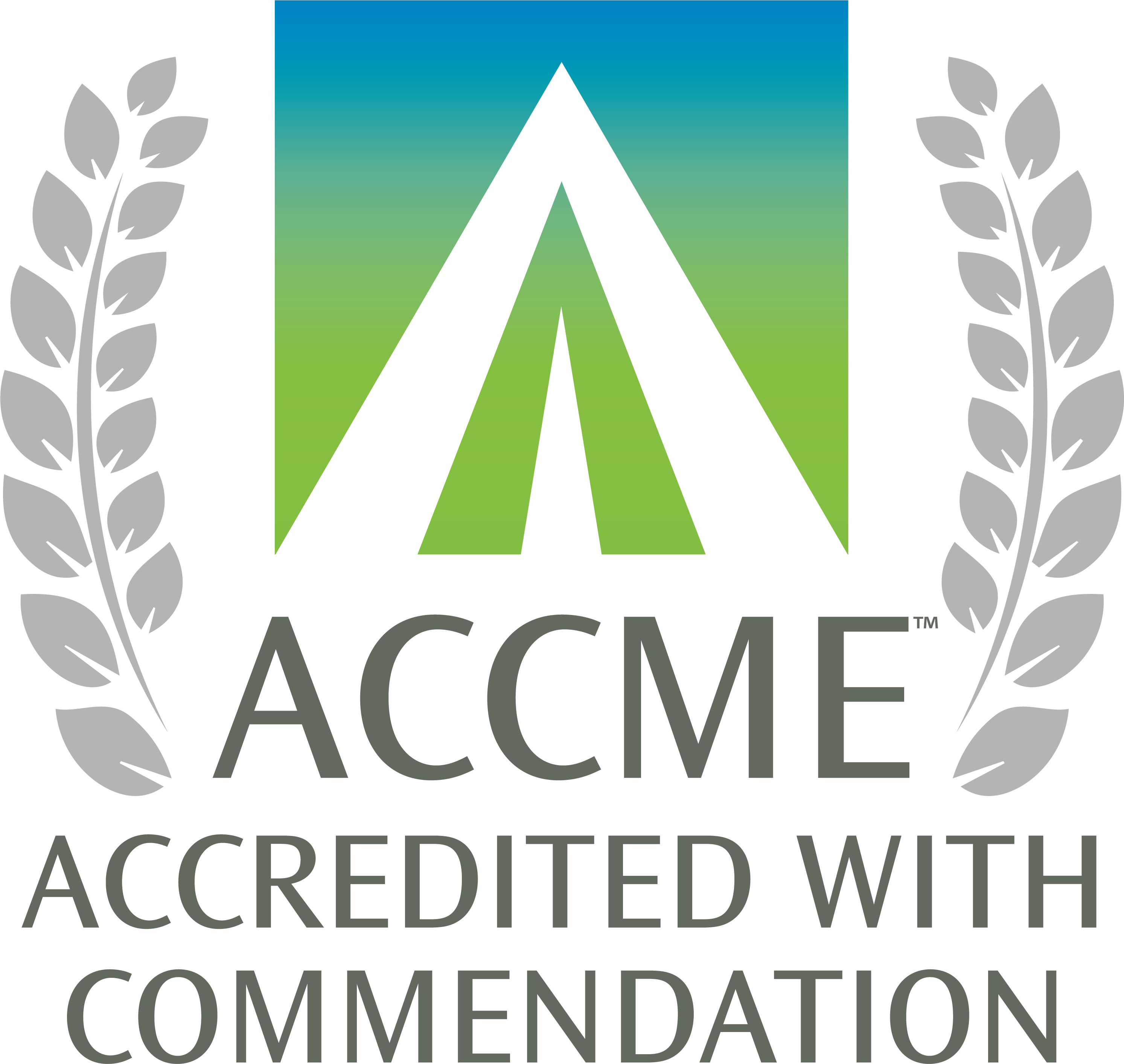MC3 Recorded Education Series: Behavioral Considerations for Pediatric Sleep
To begin this activity, click Enroll. Once logged in, learners can access educational content, assessments, and evaluations. Learners who successfully complete the activity will be able to print a certificate.
There are no relevant financial relationships to disclose for this activity.
- Screen pediatric patients for behavioral sleep problems
- Provide psychoeducation to parents on behavioral strategies to improve sleep in children
- Address and manage sleep concerns in children and adolescents, including psychoeducation, medication, and behavioral interventions.
- Recognize bedtime and arousal problems among young and school-age children.
- Recognize common adolescent sleep concerns.
The University of Michigan Medical School is accredited by the Accreditation Council for Continuing Medical Education (ACCME) to provide continuing medical education for physicians.
The University of Michigan Medical School designates this enduring material for a maximum of 0.75 AMA PRA Category 1 Credit(s) ™. Physicians should claim only the credit commensurate with the extent of their participation in the activity.
Original Release Date: April 2021Termination Date: April 2024
- Bhargava S. Diagnosis and management of common sleep problems in children. Pediatrics in Review. 2011;32(3):91.
- Kotagal, S. (2009). Parasomnias in childhood. Sleep medicine reviews, 13(2), 157-168.
- Meltzer, L. J. (2010). Clinical management of behavioral insomnia of childhood: treatment of bedtime problems and night wakings in young children. Behavioral Sleep Medicine, 8(3), 172-189.
- Mindell, J. A., Meltzer, L. J., Carskadon, M. A., & Chervin, R. D. (2009). Developmental aspects of sleep hygiene: findings from the 2004 National Sleep Foundation Sleep in America Poll. Sleep medicine, 10(7), 771-779.
- Owens JA, Dalzell V. Use of the 'BEARS'sleep screening tool in a pediatric residents' continuity clinic: a pilot study. Sleep medicine. 2005;6(1):63-69.


